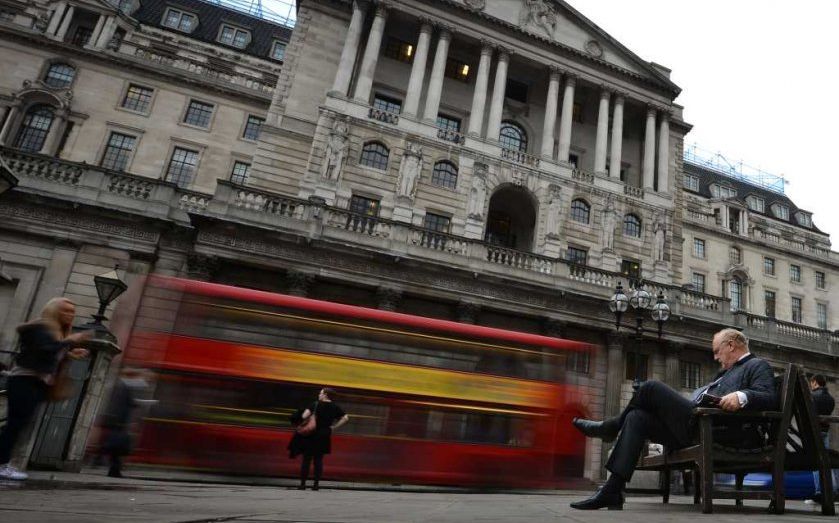UK inflation: Business groups IoD and BCC split over when BoE should raise rates

Two of Britain's biggest business groups have clashed over when the Bank of England (BoE) should raise interest rates, after today's inflation data.
Official data released this morning showed inflation unexpectedly rose 0.1 per cent in the year to July. But this remains well below the BoE's target for two per cent. At the same time, the core measure of inflation, which strips out more volatile sectors such as food and energy, hit a five-month high of 1.2 per cent.
Read more: Britain escaped from "noflation" in July as inflation unexpectedly rose
The Institute of Directors (IoD) said it saw "no sense for interest rates to be at a historic low", yet the British Chambers of Commerce (BCC) urged the Bank to hold rates at the current level until well into next year.
"It is important that a low headline rate of inflation does not stand in the way of normalising interest rates. Core inflation has hit a five-month high and the Bank of England expects inflation to return to two per cent over the next few years." James Sproule, chief economist at the IoD, said.
Nevertheless, the BCC has called for caution, due to persistently low inflation, as well as an increasingly uncertain outlook for global growth.
Read more: Dissent in the ranks as Bank of England rate-setters vote 8-1 to hold interest rates
"With low inflation expected to be around for some time and the world economy remaining uncertain, there is no need for the MPC [monetary policy committee] to make a premature move to raise interest rates. We urge the MPC to keep rates at the current level until well into 2016," David Kern, chief economist at the BCC, said.
Earlier this month the BoE's monetary policy committee broke unanimity for the first time this year, voting 8-1 to hold rates. Arch dove David Miles, who leaves the MPC this month, later said there'd been a reasonable case for an August hike but he'd been dissuaded by factors such as low commodity prices.